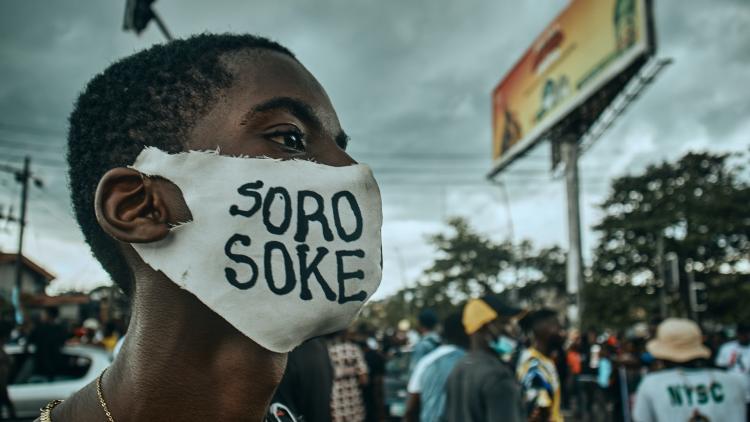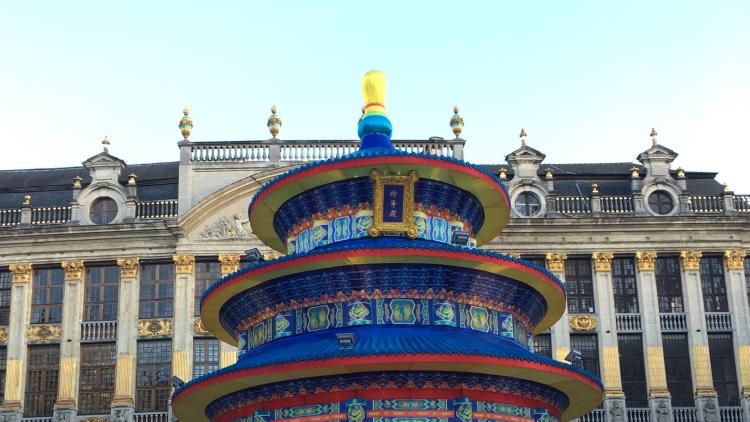The Social Life of Law in Authoritarian Contexts

Authoritarian regimes do not just aim to consolidate their own power.
They also often seek to purge certain communities from their societies, and they enact such brutal policies through law. By looking at the social life of such laws in contemporary contexts, this project aims to understand the relationship between emerging authoritarian states, law, and the re-composition of society. This project aims to explore the ‘social life’ of these laws. That is, to understand the varieties of impact, circulation, responses, and conceptions of these laws in the everyday.
The project will do so in two ways. The first is to understand how these laws that aimed at remaking society, are enforced, or implemented on the ground. Are there patterns of implementation of these laws? Are they deployed differently towards different communities? If so, what are the differences? How do we account for the messiness or unevenness of their implementation? What do local state officials – police officers, judges, local bureaucrats - think of these laws? How do we rethink concepts like ‘autocratic legalism’ (Scheppele 2018), ‘authoritarian constitutionalism’ (Tushnet 2015), or ‘democratic authoritarianism’ (Bajpai and Kureshi 2022), considering the everyday experiences of how these laws are used and imagined by the local state?
The second aim is to understand how people and social groups respond to these laws. What are the variety of responses to these laws? What are the different imaginations of these laws? How do different communities experience these laws? How do different communities respond, imagine, and mobilise in response to these laws? In doing so, how do communities remake the law? In engaging with these forms of legal consciousness, the project aims to conceptualise modes of response to these laws.
By studying how the state is attempting to use laws to remake society and how affected communities respond to these laws, this project aims to
- develop knowledge and stimulate debate about how the state uses law to remake society
- produce knowledge and concepts of how affected communities respond to these laws
- create bridges between scholars, affected communities and civil society to enable dialogue about mobilising against exclusions enacted by these laws
- engender conversations between scholars in different countries where similar laws are being used to fundamentally alter the composition of society
This 5-year project is funded by the Leverhulme Trust through a Research Leadership Award given to Dr. Mayur Suresh in 2023.


